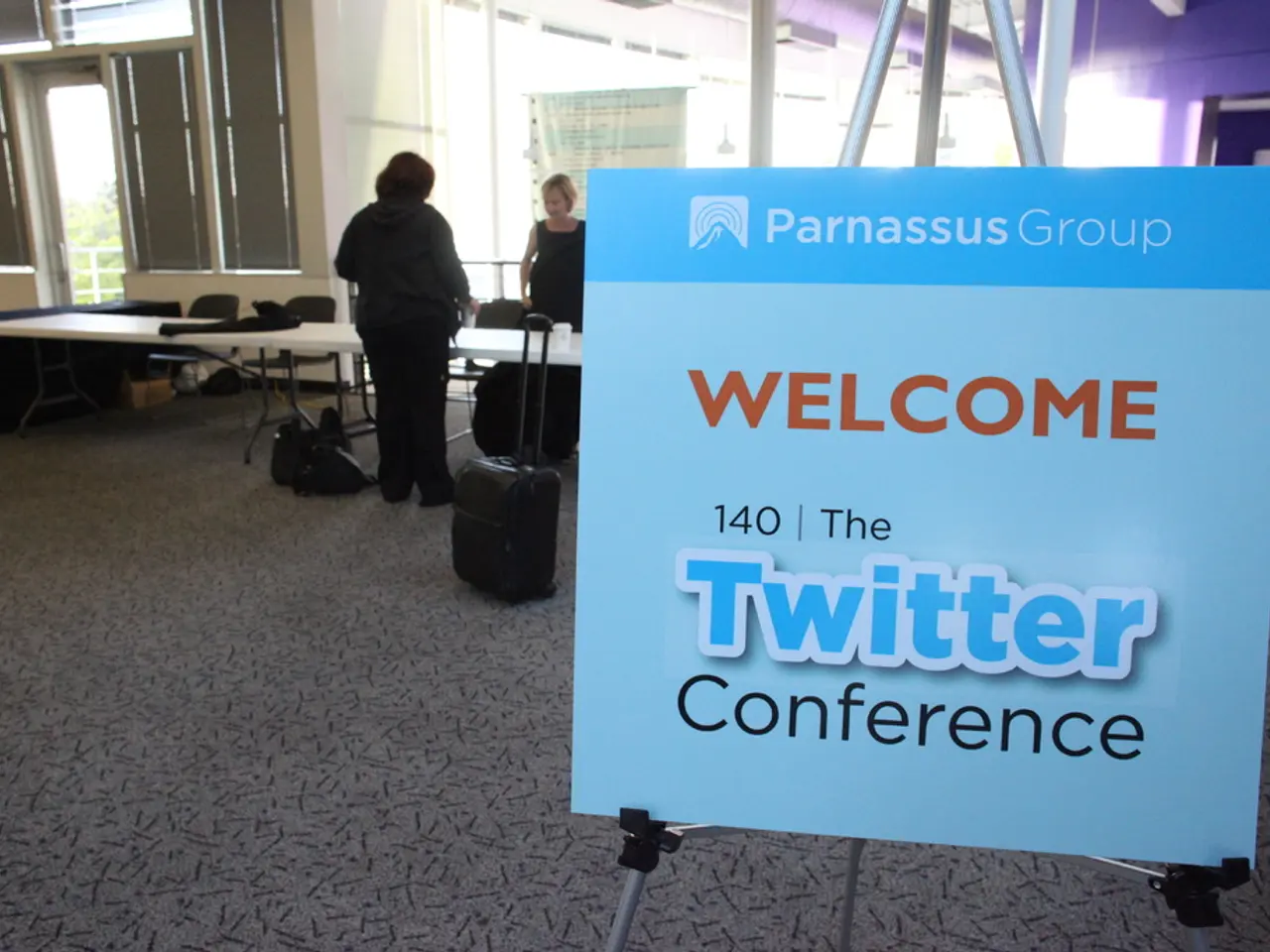Live Interaction Psychology Unveiled: The Impact of Immediate Responses on User Experiences
In Britain, the expectation for swift responses is as strong as the craving for a hot cup of tea after queuing at a fish and chip shop. This preference for prompt feedback is not just a British quirk; it's a universal human trait. Modern psychology suggests that swift feedback activates reward circuits in the brain, providing a sense of satisfaction and motivating us to continue our interactions.
This concept is particularly evident in real-time streaming platforms, such as live casinos. These platforms offer immediate and continuous stimuli that trigger the brain's reward systems, often involving the release of dopamine, a neurotransmitter associated with pleasure and motivation. The unpredictability and rapid rewards, such as wins or near-wins in gambling, create intense excitement, reinforcing the behavior and increasing the desire to continue playing.
The connectivity between the amyggdala (involved in emotional processing) and the ventral striatum (part of the brain's reward pathway) underlies intense desires for gambling, often fueled by negative emotions. This connectivity can intensify cravings and compulsions to play, making instant feedback a powerful psychological trigger.
Real-time gambling shares psychological mechanisms with addictive social media platforms, which use instant gratification delivered via likes, shares, or content variability. The constant stimulation and instant feedback from these platforms can lead to changes in brain areas responsible for emotion regulation and cognitive control, increasing impulsivity, hinder decision-making, and amplifying emotional reactivity, especially in vulnerable populations like adolescents.
In the digital world, designers, educators, and streamers should make feedback feel immediate by seeding micro-responses and using progress spinners. Even a small delay can lead to a decrease in engagement. If a page load time goes from 1 second to 3 seconds, the probability of bounce increases by 32%. Similarly, delays creeping past 1 second disrupt the flow of thought, and if a delay is 10 seconds or more, most people zone out.
Even in less high-stakes environments, such as video calls or social media, small lags can frustrate participants and diminish the feeling of being together. Our brains crave the rhythmic back-and-forth of uninterrupted exchange. Refreshing a comment thread to check for replies highlights how conditioned we are to anticipation. Engagement plummets when reactions drag their heels, not just about usability but also our willingness to stay invested.
Tim Williamson, a psychology graduate from the University of Hertfordshire, has a keen interest in the fields of mental health, wellness, and lifestyle. His research underscores the importance of understanding the psychological impact of instant feedback in our digital world and how it can influence our behavior, mental health, and decision-making processes.
- The concept of instant feedback, as seen in gambling platforms, is also found in addictive social media platforms, both triggering the brain's reward systems through the release of dopamine.
- In the digital landscape, immediate feedback can lead to changes in brain areas responsible for emotion regulation and cognitive control, potentially increasing impulsivity, hindering decision-making, and amplifying emotional reactivity.
- Tim Williamson, a psychology graduate, emphasizes the importance of understanding the psychological impact of instant feedback in our digital world, particularly its influence on our behavior, mental health, and decision-making processes.
- In less high-stakes environments like video calls or social media, small lags can frustrate participants and diminish the feeling of being together, as our brains crave the rhythmic back-and-forth of uninterrupted exchange.
- In health-and-wellness discussions, the importance of addressing the psychological impact of instant feedback in the digital world, such as its role in mental health and behavior, should not be overlooked, given its universal presence in smartphones, technology, entertainment, and social media.




